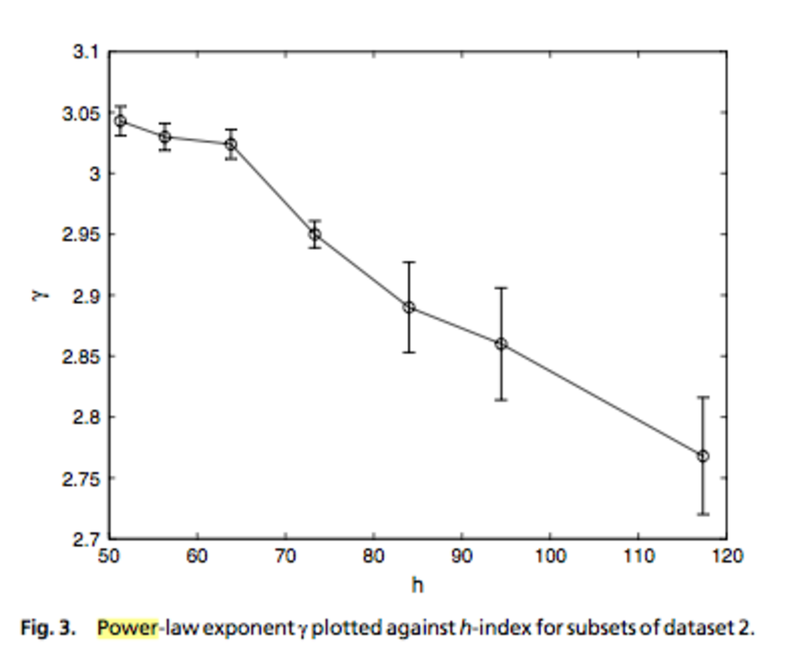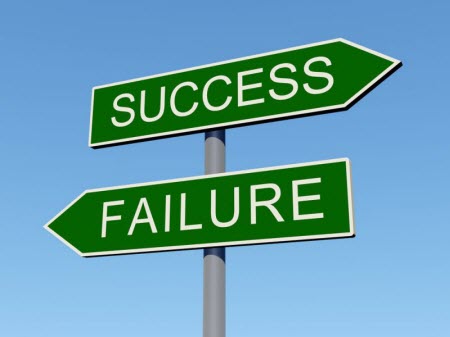10 steps to choosing your degree
I talked earlier about how at university you should probably pick more mathematical ‘hard’ subjects over more artsy ones and focus on getting a good degree class. This is pretty similar to conventional advice on choosing a degree. But I found a lack of practical step-by-step guides to picking the right degree for you. This guide gives you a structured way to gather all the relevant information and to make a decision on your degree. Without a structured process it’s easy to narrow down your options too fast, to ignore important evidence, and to apply your evidence inconsistently.







